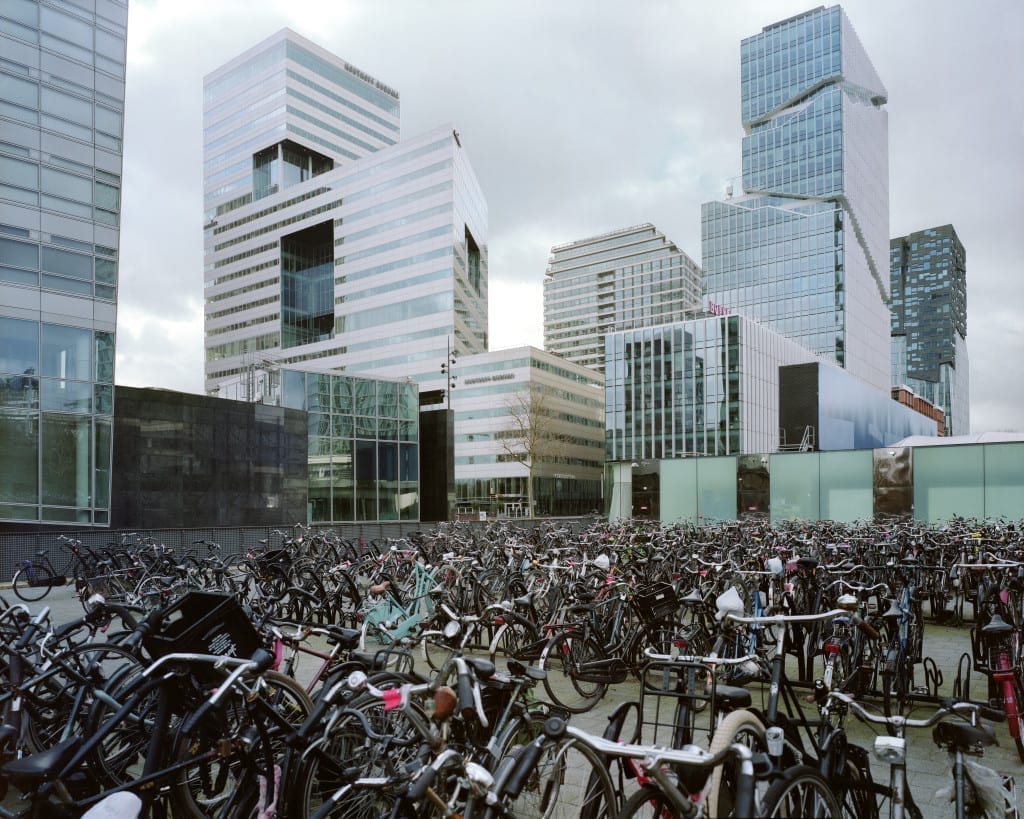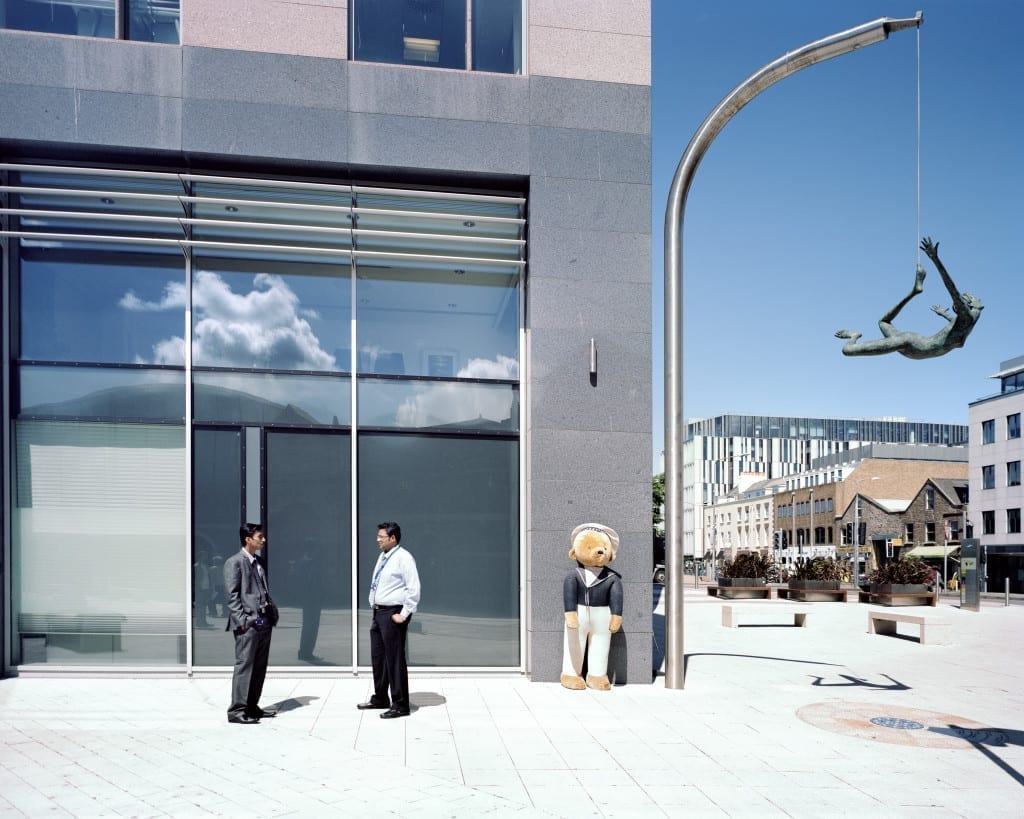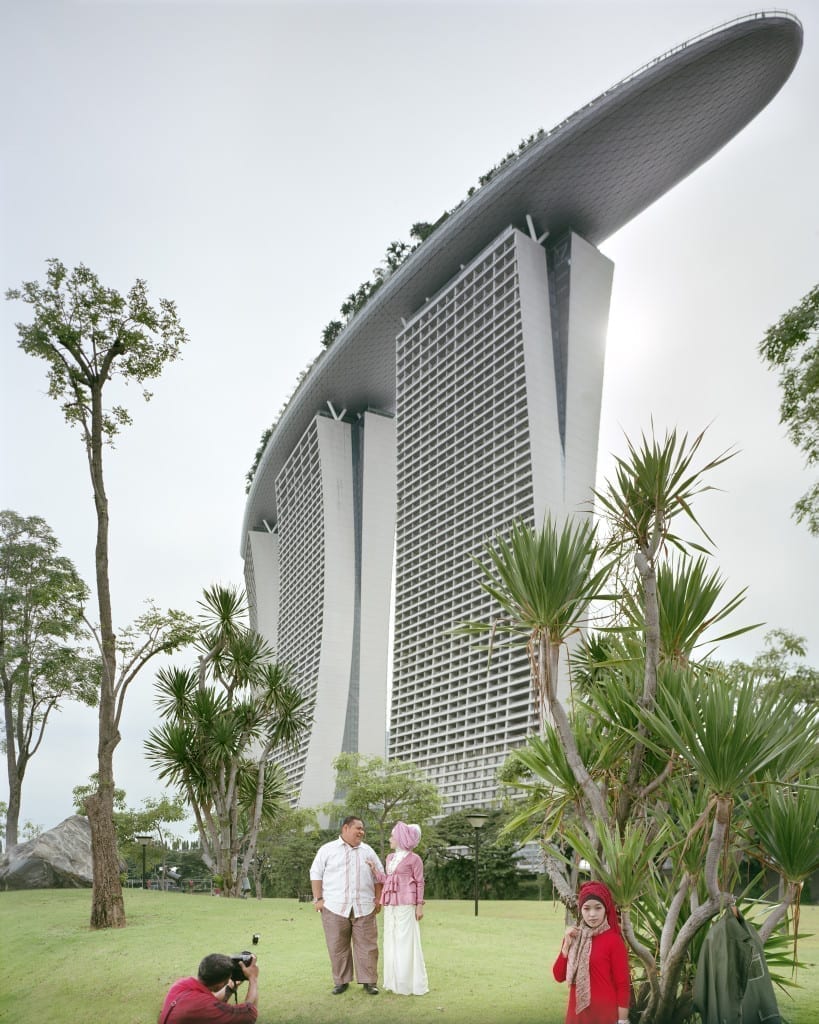Focus on the infrastructure
Jersey was just one of the locations to which the project swiftly moved after its start in the Cayman Islands. In all, the duo covered 30 countries, their focus shifting from the idea of the tax-dodging mega-rich individual to the infrastructure of tax havens and the way they operate. “It became even more interesting when it became focused on the infrastructure because then it’s not about an extremely wealthy person you’ve no relationship with, it’s about the company you buy coffee from in the morning that is not chipping in its share for the roads, the hospitals, the schools and the police,” says Woods.

“We had this James Bond image of guys in Panama hats with sunglasses, cigars and suitcases full of cash. There is no cash. The money doesn’t even go to tax havens. The money is in banks in London or New York or Switzerland or wherever. It’s not physically in Grand Cayman, for example. It’s just routed through there for secrecy, so nobody can see what’s in a bank account.”

This means countries such as the UK receive little or no tax revenue from these companies, because profits are channelled through offices in the Cayman Islands or Luxembourg. The problem is compounded by negotiations on behalf of some companies that result in certain countries offering advantageous tax deals. “If I’m an accounting firm, I can go to the government of, for example, Luxembourg, and say: ‘Look, I think this could be an interesting proposition for bringing you some business. If you structure your financial system in this way, you will make a lot of money and we won’t pay any tax,’” says Woods. “This is the scandal in Luxembourg with PwC, where 340 corporations had secret agreements with the finance ministry to be based in the principality but not pay taxes there. And Luxembourg is an EU country. So accounting firms will go to different countries and ask them to structure their tax rules so they can attract investment but at the same time hinder tax revenues in other countries.”

